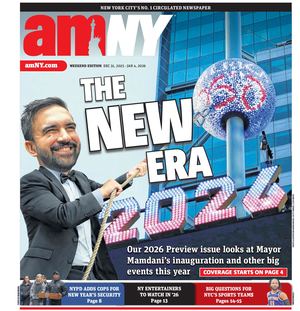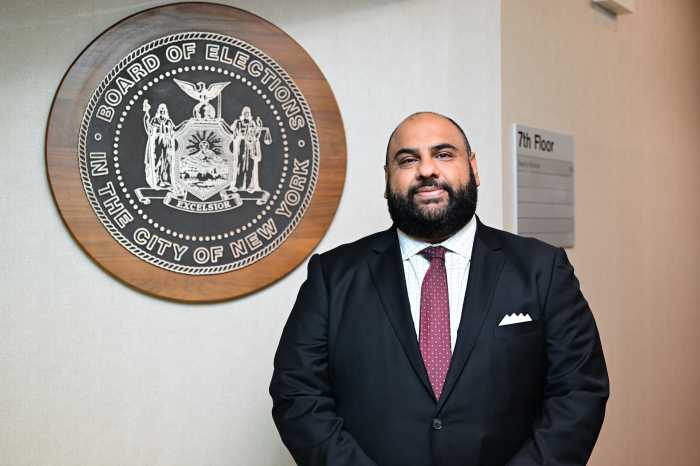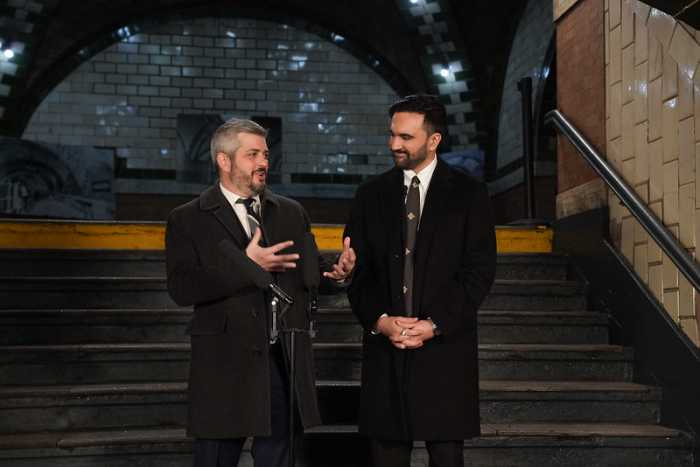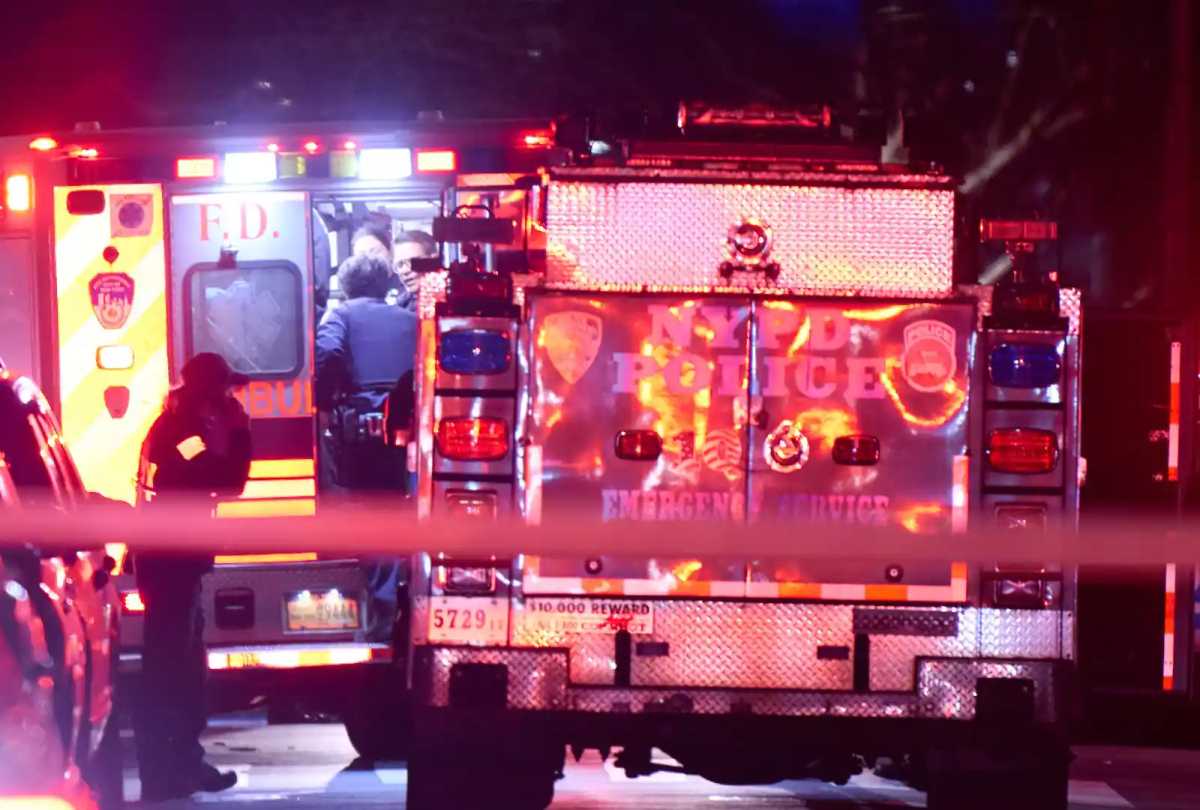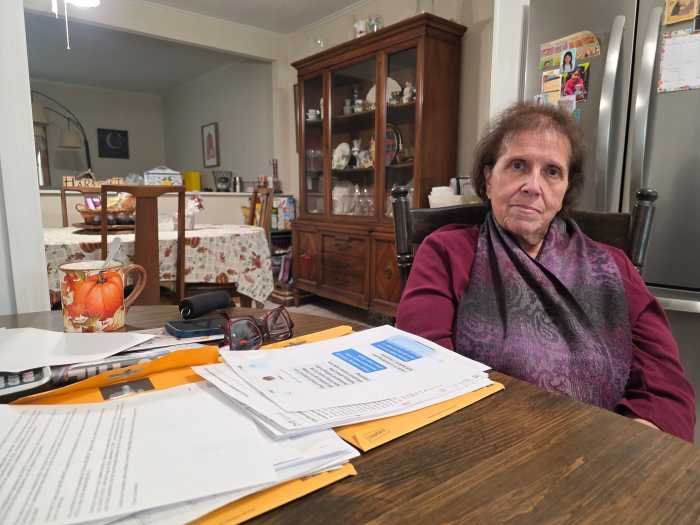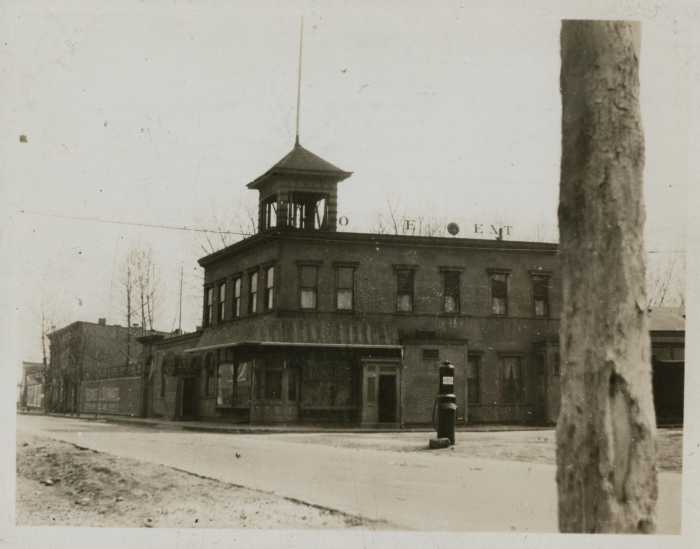Helen Maryles Shankman knows plenty about Jewish history.
The author of “They Were Like Family to Me,” a finalist for the 2016/17 Story Prize, given for outstanding short fiction, Shankman is a daughter of Holocaust survivors. She grew up listening to friends of her family speaking in Yiddish about their experience as partisans.
Listening to their accounts, Shankman realized the Holocaust wasn’t a straightforward victim story: There were Jews who resisted, fought, finagled and struggled to survive against overwhelming odds, such as those who broke out of the Sobibór death camp. The author wove their real and imagined experiences into “They Were Like Family To Me,” a devastating, haunting and luminously beautiful collection of interconnected short stories about Jewish residents of a Polish village under German occupation.
In honor of Jewish American Heritage Month, held in May, amNewYork spoke with Shankman, who lives in Teaneck, New Jersey, about how to mark the month from a literary perspective.
How is Jewish American Heritage Month best observed?
Everyone should read “The Amazing Adventures of Kavalier & Clay” by Michael Chabon. It’s the ultimate Jewish-American book. It would be really nice if the schools observed the month by studying various Jewish-American writers and historical figures, such as Emma Lazarus [author of “The New Colossus,” which is engraved on the pedestal tablet of the Statue of Liberty]. There are so many unknown people from the labor and civil rights movements.
Why are there so many fabulous Jewish writers?
We’re brought up from the very beginning learning the Torah and prayers. … Words and reading are pivotal. When you get older, you learn the dialectics and arguments that don’t even have anything to do with modern life. Students will learn the best way to remove milk from a cow’s udder after it’s been butchered so you can eat it [and observe the laws of kashrut]. It’s really social anthropology..
Women are underrepresented in “Best Jewish Writers” lists. Why is that?
There is a double standard. I have three sons and they are not interested in reading anything that has a woman as a main character. I also have a theory: A lot of women write historical fiction, and historical fiction isn’t considered intellectual. But [all writers are] trying to figure out the meaning of life, why the world is stomping on them, why bad things happen to good people. We just use different vocabularies.
Your own book reveals the amazing ingenuity Jews used to survive.
I love that it is part of our legacy. As a kid, the most severe and well-known Holocaust experience was Auschwitz. Hiding and fighting was just as important, but it almost didn’t count. There are so many forms resistance can take!
What must we resist now?
I’m modern Orthodox and every week I light candles and pray that God gives wisdom to our leaders. It feels like hate is surging through the world right now. The threat of tribalism, circling the wagons, refusing to talk to each other and believing “our way is the best way” — that’s the enemy for us.
Recommended reading
Author Helen Maryles Shankman shares her picks for lesser-known Jewish writers worth reading or revisiting:
Vasily Grossman: “His novel ‘Life and Fate’ is an amazing tapestry showcasing different characters from all walks of life in the Holocaust.”
André Schwarz-Bart: “Schwarz-Bart’s beautiful and lyrical book, ‘The Last of the Just,’ is about Polish Jewish villagers who have to leave and wind up in Paris.”
Ruchama King Feuerman: “Feuerman spent a lot of time in Israel and her book, ‘In the Courtyard of the Kabbalist,’ is about men and women trying to find each other. There is also a wonderful, sympathetic and sad Muslim character. Feuerman’s like a cross between Graham Greene and Jane Austen with a beautiful, clear writing style.”
Helene Wecker: “Wecker’s ‘The Golem and the Jinni’ takes place on the Lower East Side at the turn of the century. A rabbi in Poland creates a woman for a man, who wants a submissive wife, but when she lands in New York, she doesn’t know what to do because Golems have to be told what to do. It’s the Jewish woman’s experience in America!”
Nomi Eve: “Eve wrote a wonderful book, ‘Henna House,’ about how Yemenite Jews came to be in Israel.”
